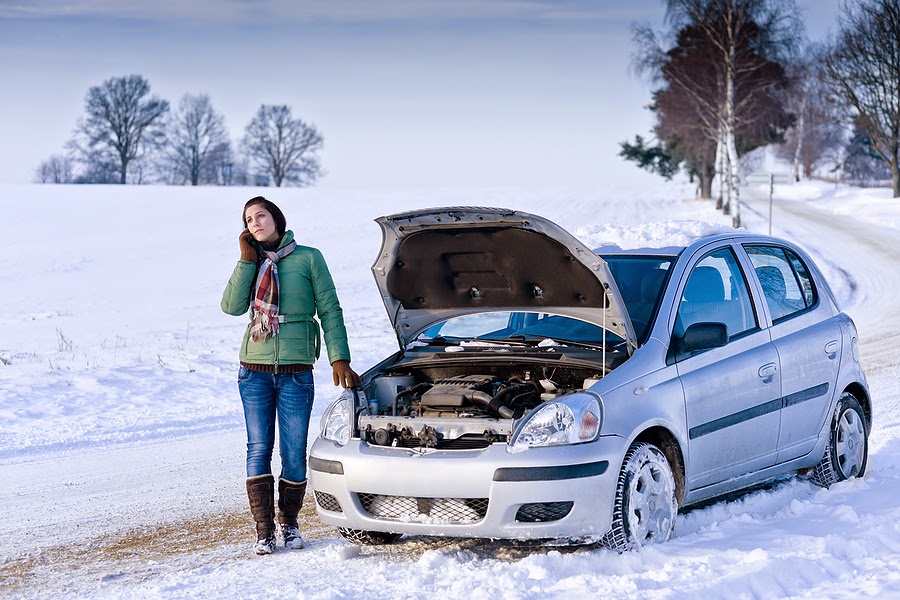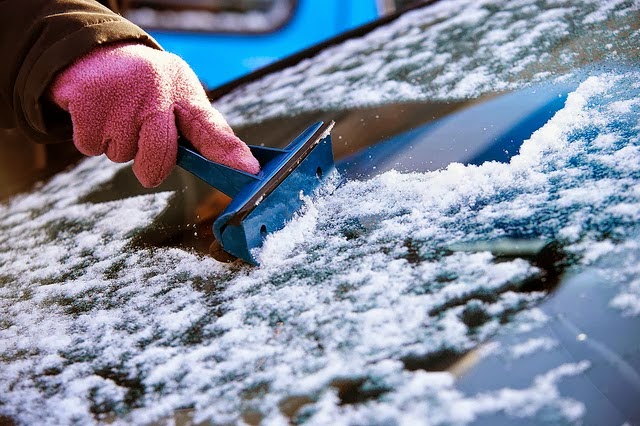Maintaining your car for
the punishing UK winter is vital. Grit, salt, and plummeting temperatures play
havoc. The first step is checking antifreeze. Carry out a radiator flush before
winter to ensure the system is free of cloggy deposits. Then make sure the
mixture is around 50% water, 50% antifreeze, and the volume is correct. A
squealing noise on start-up is a warning the water pump is frozen.
Secondly,
check tyres. Look for depth of tread; you need about an eighth of an inch
minimum. Check pressure too. Your pressures might drop in cold snaps; pressure
and temperature are linked. Be ready to top pressures up. However, some people
choose to drive with a little less pressure, saying there’s more grip. At
temperatures below 7°C, winter tyres offer additional, significantly better
grip, but they cost around £500.
Ensure
windscreen wipers are clean, wipe evenly, and don’t smear. Smearing is worse in
winter and refracts light and interior condensation, confusing you regarding
distance and speed of other drivers. If in doubt, replace the wipers, and check
the windscreen washer fluid. Use less water than in summer, as a 90% water mix
won’t shift ice. Screen washes vary, so make sure yours works to at least
-10°C.
Clean
and check the battery, wipe off corrosion with a wire brush and ensure contacts
are clean. Minimising the load, by switching off unnecessary devices like
unused heated rear seats will prolong battery life too. During February 2012,
the RAC went to more than 50,000 battery-related call-outs.
Batteries
run on chemicals, and chemical reactions are slower in winter. Your battery
could be up to a third less effective in cold temperatures. Maintaining
sufficient charge is crucial. A low charge battery could actually freeze.
It’s
crucial to check lights too. Make sure all bulbs are bright; replace any faulty
ones. Keep the lenses clean, check the fog lights are working before you set
off.
Use
lighter oil in winter. Viscosity rises with temperature, so when you start the
car on chilly days, the oil inside is thick and glutinous. This can blow seals
and break crucial components. To avoid this, check your manufacturer’s guide
and fill with a suitable light oil.
If
you are looking for a used alternative to see you through the winter months, Hertz Rent2Buy has a
good range of cars available, capable of seeing you through the
coldest winters. These vary from small runabouts to people carriers and vans.








.jpg)






